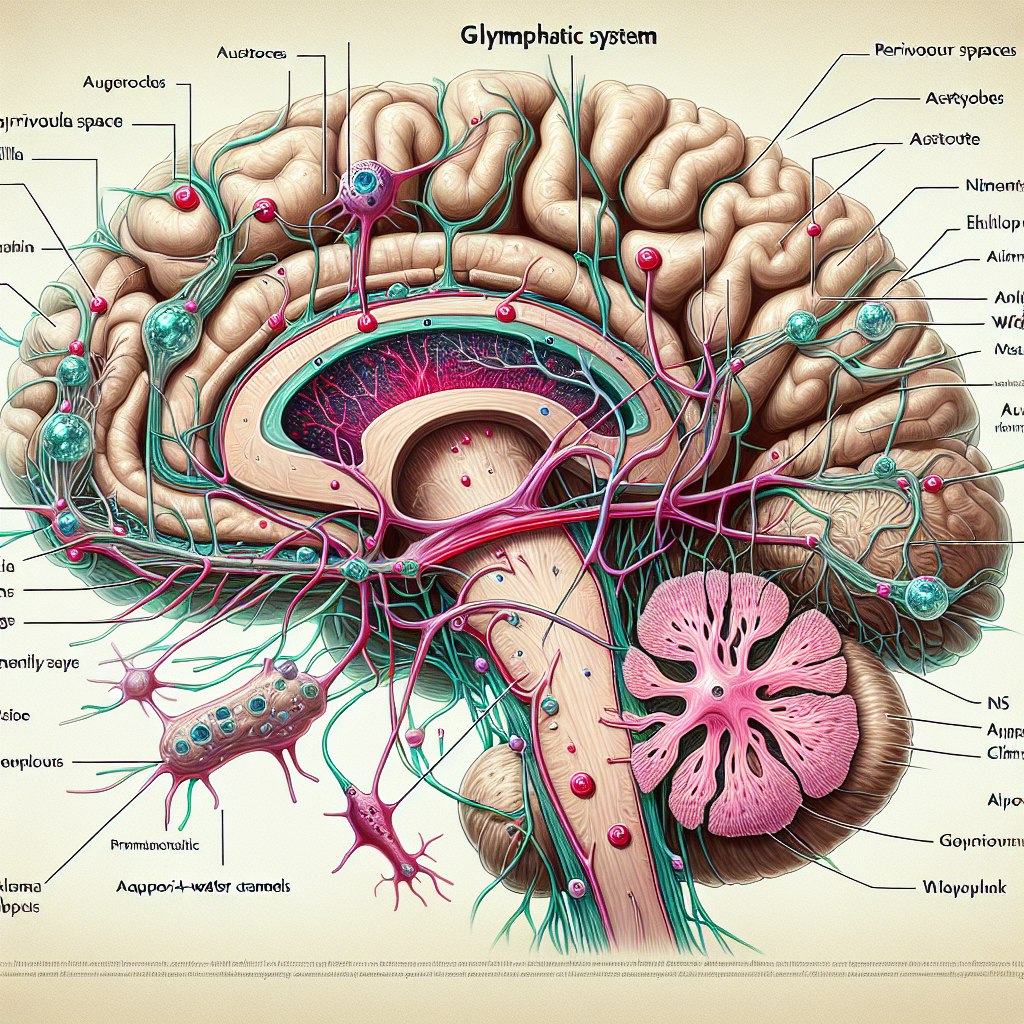Unlocking the Glymphatic Connection: Can Better Sleep Combat Dementia?
Recent research suggests that the brain's glymphatic system, responsible for waste clearance, is influenced by sleep patterns. This system's efficiency could impact the risk of dementia by clearing toxic proteins like amyloid beta. However, research, primarily in mice, still debates the mechanisms and implications within humans.

- Country:
- Australia
Sydney, Sep 6 (The Conversation) – The brain's waste disposal mechanism, the glymphatic system, is believed to function optimally during sleep. Disrupted sleep may impede this system, slowing the removal of toxins linked to dementia, such as amyloid beta protein.
The glymphatic system's processes are primarily studied in mice, sparking debates on its role in humans. Scientists propose that improved sleep could expedite toxin clearance from the human brain, potentially reducing dementia risk.
Ongoing research is delving into sleep disorders like sleep apnoea and insomnia to assess their impact on amyloid beta clearance and dementia prevention. Despite promising leads, we await conclusive evidence on how sleep interventions can influence dementia outcomes.










